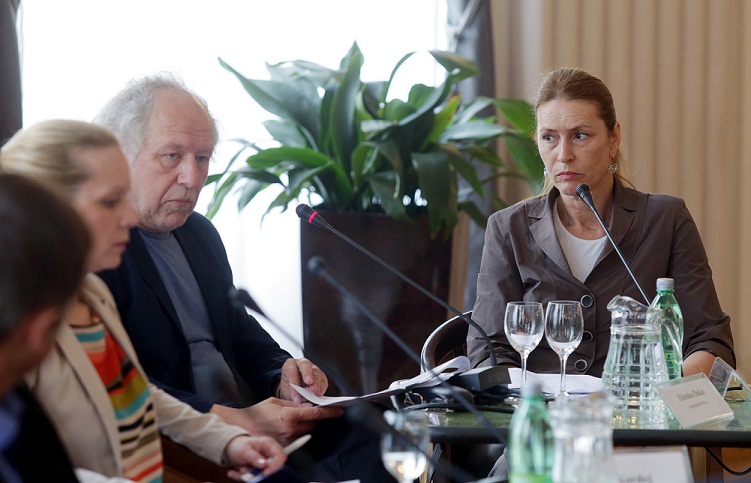Under draft amendments to the Penal Code defined by the Justice Ministry, the Penal Code will retain provisions on the criminal act of defamation but only the most serious cases of defamation, to be called grave defamation, will be penalised, the head of the Criminal Law Department of the Justice Ministry, Ana Kordej, said on Saturday.
The Justice Ministry will post on its web site on Monday the proposed legal amendments thus opening a public debate on the matter. Kordej made the statement at a panel discussion organised by the Croatian Journalists Association (HND) at which Milan Zivkovic, an advisor to the Culture Minister, said a campaign to present the project “Media Policy” would start by the end of the month.
HND representatives, led by president Zdenko Duka, expressed dissatisfaction with the amendments, proposing that the criminal act of defamation be completely removed from the Penal Code. Introducing said amendments, Kordej said that defamation had been proposed in a much changed and simpler form. The most contentious part of the defamation provisions – the fact that the burden of proving allegations lies with the defendant, has been changed to require proving allegations in fewer situations, Kordej said, adding that the most controversial provision had been one defining cases when proving one’s allegations was not allowed.
She said the most important change was the proposed penalising of only the gravest cases of defamation. Kordej said this was aimed at maximally exculpating journalists and others doing work of public interest. Data of three months ago shows that under the existing Penal Code, six final defamation verdicts were made and none of them was against journalists, said Kordej.
HND vice-president Slavica Lukic, who was found guilty of defamation pending appeal because she wrote in an article that the private polyclinic Medikol was on a list of debtors of the National Health Insurance Institute (HZZO) despite having received huge amounts of money from the HZZO, called for abolishing defamation.
Lukic said that most of the journalists in the commercial media had the status of free-lancers even though they worked on their employers’ premises and had the same duties as regular employees, that they were unprotected and had to follow their editors’ instructions because they feared dismissal. She said that it was intolerable that the burden of proving one’s allegations lay with journalists rather than with publishers.
Attorney Emil Havkic, too, called for abolishing defamation, saying that it was contrary to Croatia’s legal tradition. Speaking of the “Media Policy” project, Zivkovic said that the government was finalising it and that it would soon be presented. The project is about a general overview of the situation in commercial and public media and will serve to help identify and remove problems in those sectors.
